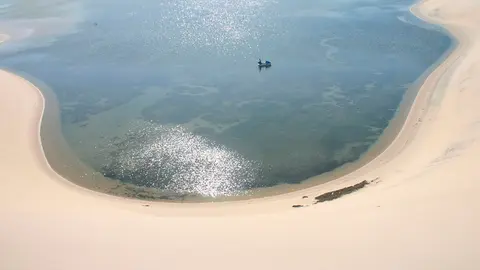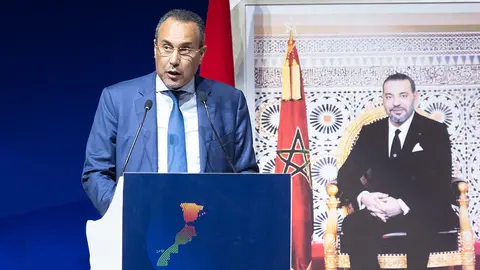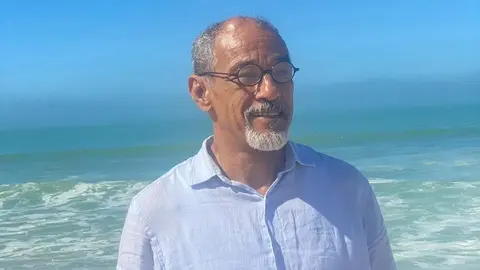The Dakhla region is integrated in the Moroccan dynamics of sustainable development
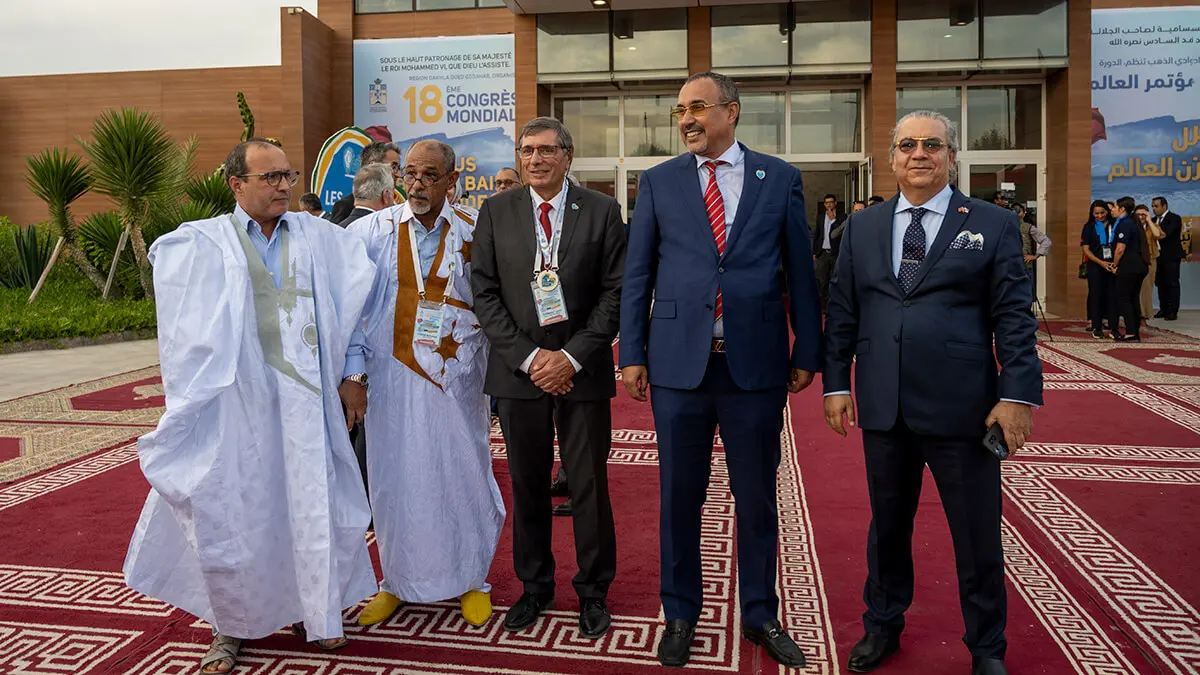
- The Dakhla region at the heart of sustainable development dynamics
- Preservation of the bays: an urgent necessity
- An international club with an eye on Africa
The president of the Dakhla-Oued Eddahab Region, Yanja El Khattat, expressed, during the opening session of the 18th edition of the International Congress of the Most Beautiful Bays in the World, his pride for the international recognition enjoyed by the Dakhla Bay, with its unique biodiversity that represents a real natural potential very important for the Kingdom of Morocco.
Yanja El Khattat stressed, “Choosing the city of Dakhla, the Pearl of the Sahara, as a natural space to host this event is because the region is distinguished by its wonders in an exceptional environment; setting an example of what nature gives us; moreover, it is a model that reflects the challenges we face in preserving the ecological heritage in the face of the challenges of sustainable development.”
“Within the framework of local, regional and national environmental policy, the Bay of Dakhla constitutes an essential link in the chain of environmental protection in Morocco,” clarified the region's president. “We are proud of this recognition reflected in the participation of 27 bays in the world that together ensure the protection and preservation of their natural resources; being a real jewel of terrestrial and maritime biodiversity,” he assured.
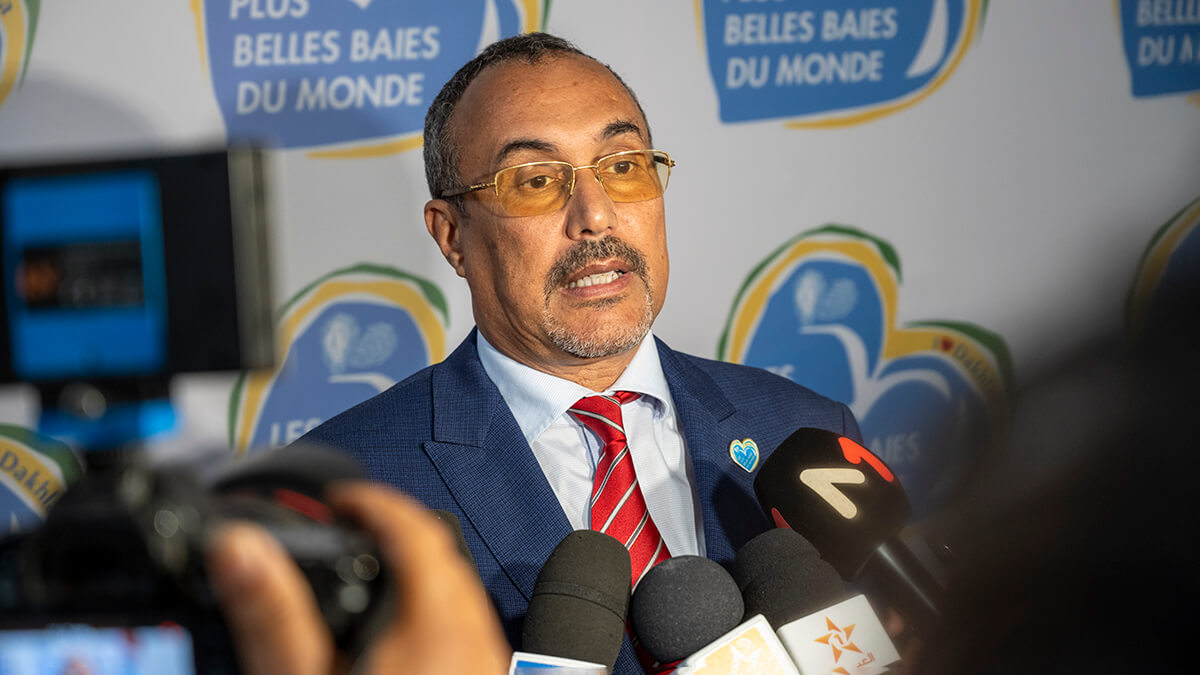
The Dakhla region at the heart of sustainable development dynamics
In terms of sustainable development, Yanja El Khattat explained how Morocco has adopted a strategic approach dedicated to achieving economic growth while ensuring respect for the environment. The country is committed to protecting its natural resources through ambitious policies and the management of coastal zones and marine biodiversity.
In this regard, the Dakhla-Oued Eddahab region is at the heart of the national strategy for the protection of the environment; implementing concrete initiatives to preserve the bays by favoring their economic development; through sustainable tourism that enhances the landscapes and respects their ecological role.

“The bay of Dakhla is part of our natural heritage; as well as being well classified at the international level, which testifies to our commitment to protect and preserve this exceptional wetland area. This positioning on the international scene is the fruit of our determination to preserve this ecological wealth for future generations,” added Khattat.
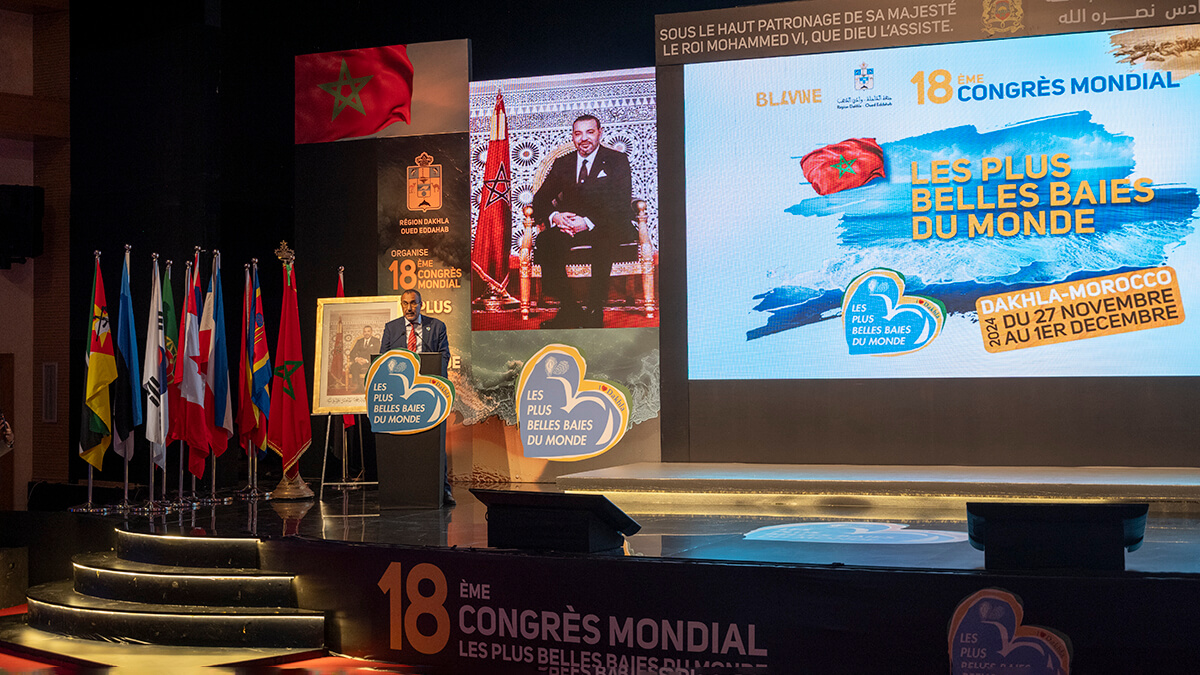
Fishing is a vital sector for the region, which is committed to the sustainable management of its maritime resources. In this regard, Morocco has made significant progress in terms of regulations to protect marine ecosystems, improve the quality of seafood products, support local fishermen, ensure sustainable fishing practices and respect the fragile balance of bays and coastal areas, emphasized the president of the Regional Council.
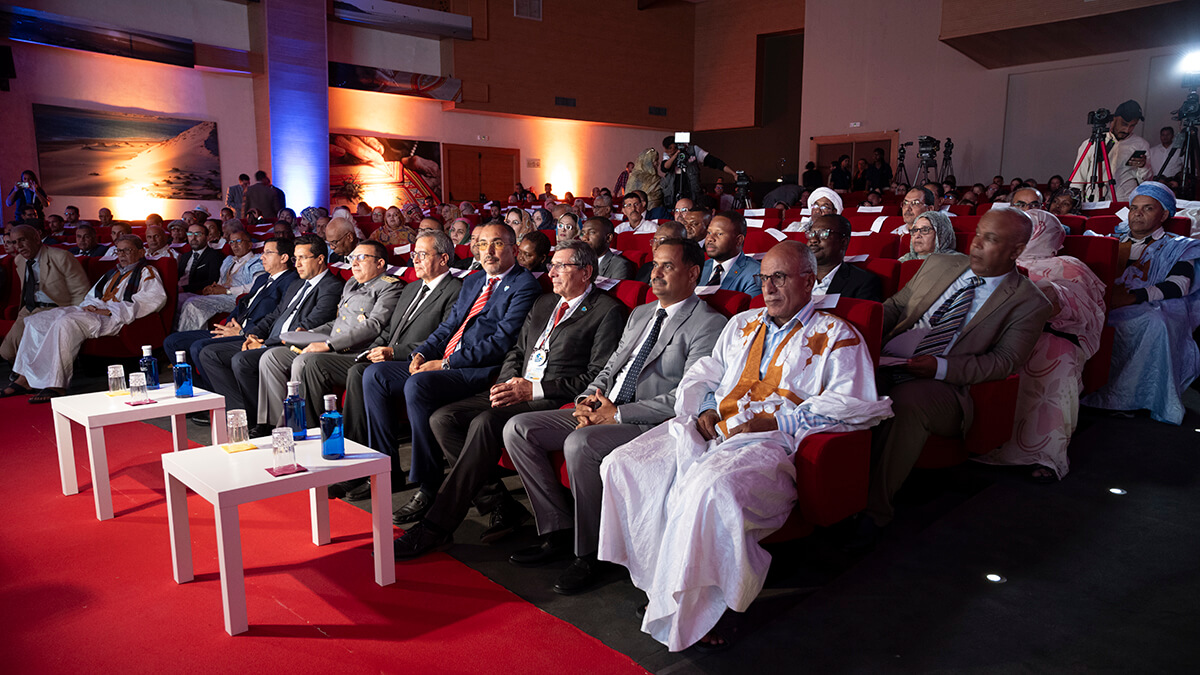
According to his statement, tourism is also a strategic sector for the Dakhla region with its majestic bays, exceptional climate and unique cultural heritage. This makes the region a beacon destination for sustainable tourism; cooperating with local stakeholders to improve environmentally friendly tourism that benefits both the local population and visitors.

In terms of renewable energies, El Khattat pointed out that “Morocco has launched ambitious projects to advance its energy transition and the development of these clean energies, which represent a very important potential in terms of solar and wind energy and can play a crucial role in this national dynamic to meet the challenges related to energy resources and environmental protection.
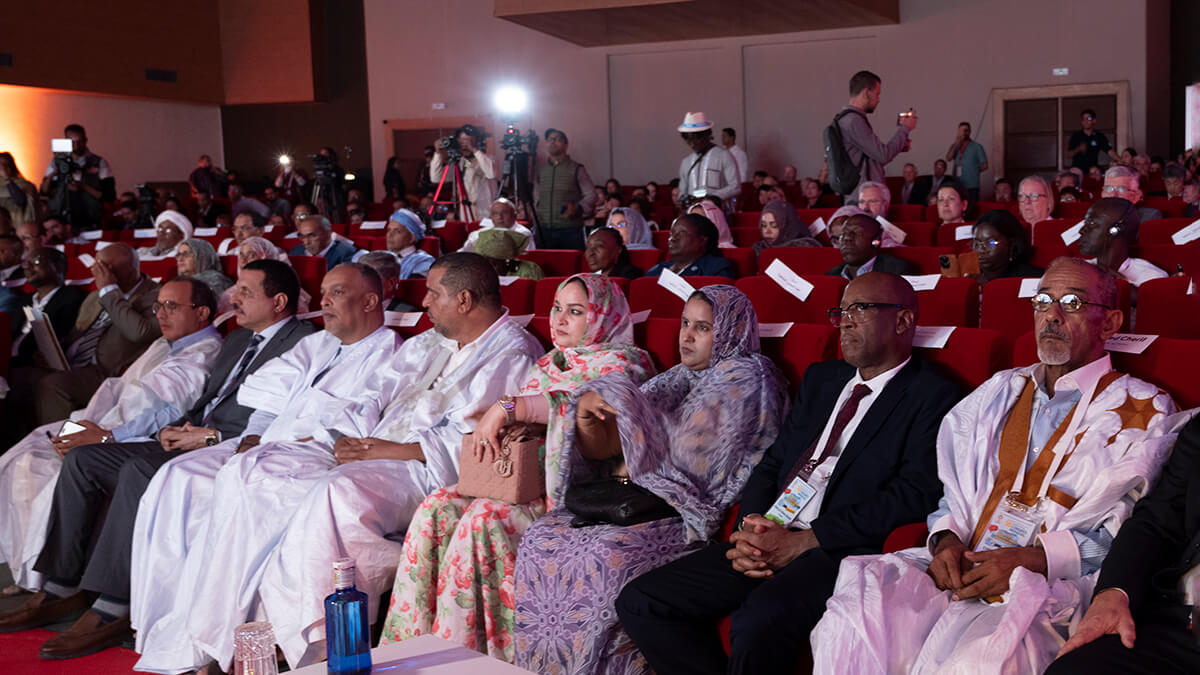
Preservation of the bays: an urgent necessity
“The preservation of the bays and their environment constitute today an absolute necessity; for their fragile ecosystems are not only a refuge for exceptional fauna and flora, but also represent an engine of development for the different communities especially in the domains of fishing, tourism and renewable energies,” explained Yanja El Khattat.
Dakhla has gathered in this Congress the most beautiful bays in the world, located on different continents and recognized for their natural beauty, their ecological richness and their economic importance; with the aim of promoting sustainable management for the preservation of these bays as emblematic sites; encouraging responsible development initiatives in terms of tourism, fishing or environmental protection.
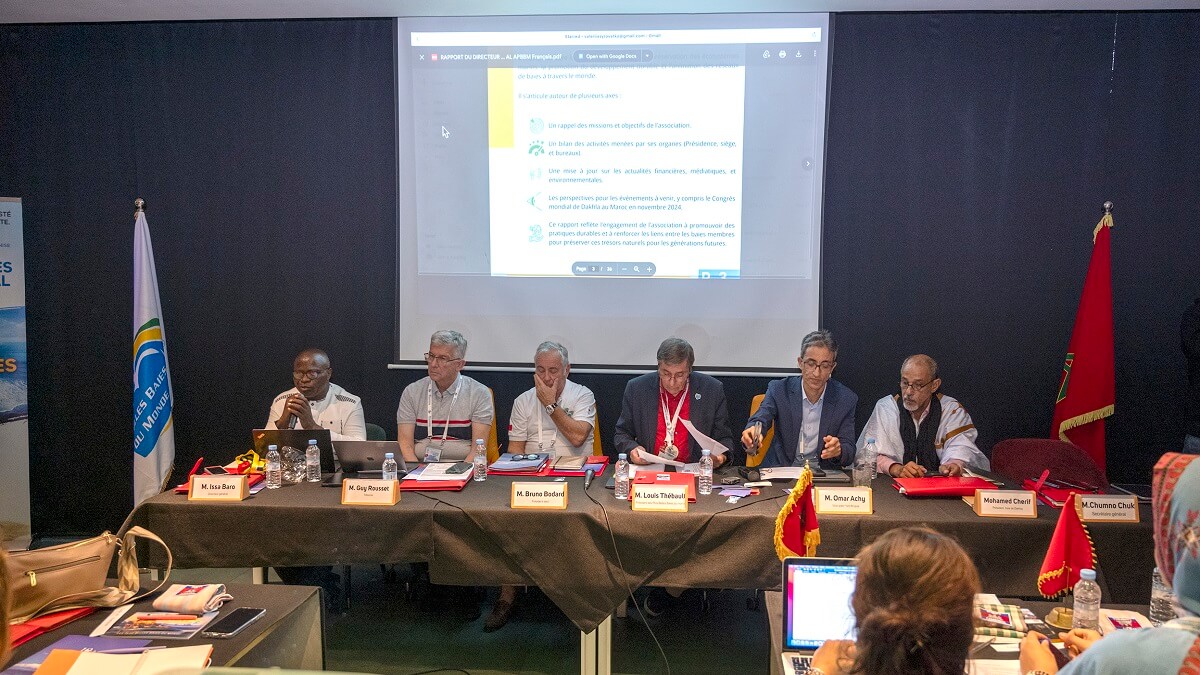
The World's Most Beautiful Bays Club also aims to promote exchanges and cooperation between its members, i.e. local authorities, governmental organizations and private and public stakeholders, in order to share experiences, best practices and innovative solutions. According to El Khattat, the association is today a major player in environmental protection and sustainable development, acting as a catalyst for strengthening international cooperation to protect these natural treasures.
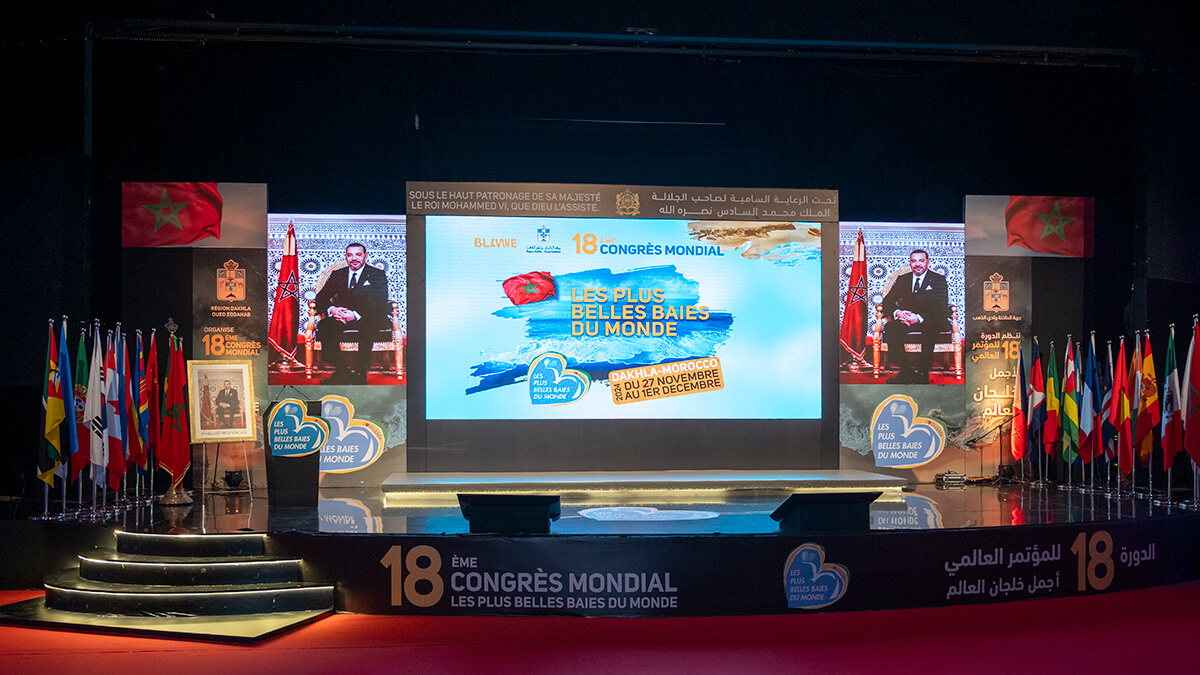
An international club with an eye on Africa
Yanja El Khattat stressed that “this congress represents a very important step towards the realization of Morocco's contribution as an African leader in the field of environmental protection and renewable energies; as well as providing several opportunities and advantages for South-South cooperation and between African countries".
“Morocco, as a country working on the dynamics of sustainable development and developing its mechanisms and policies to meet the challenges of climate change, does not fail to support this cooperation by mounting common projects that benefit the entire African continent,” he added mentioning that these initiatives fall within the framework of the real vision of the Moroccan sovereign Mohammed VI for the promotion of strong and solidary cooperation between African nations.
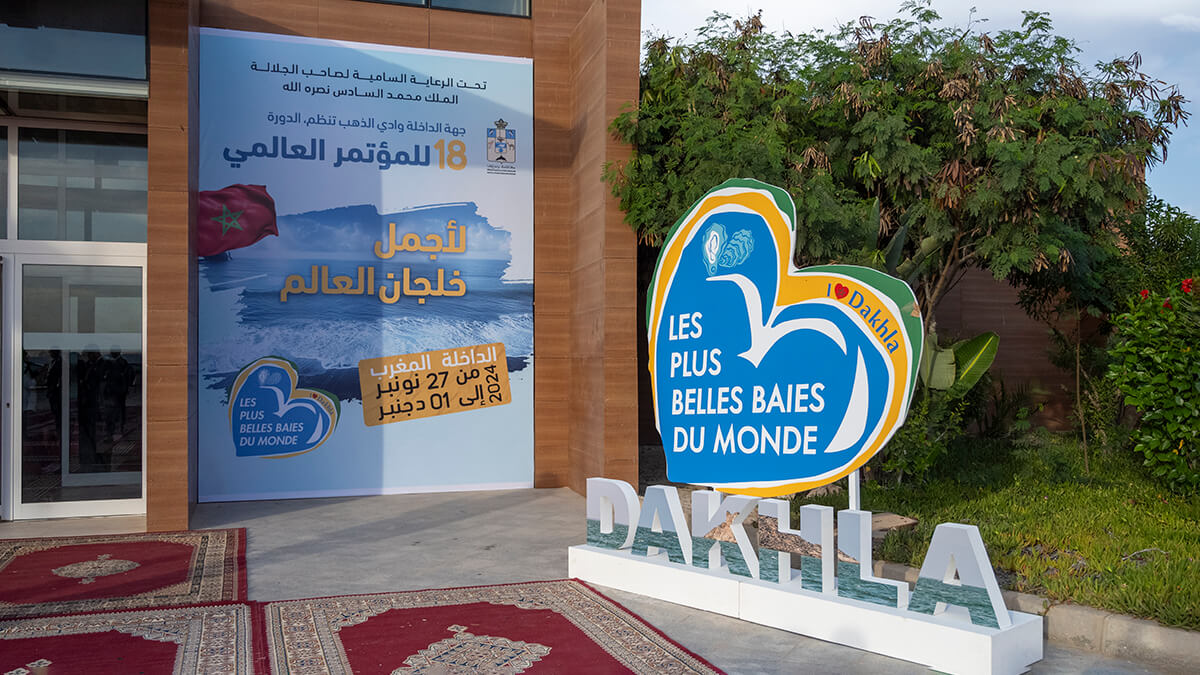
“Responding to the global environmental challenges, we hope, through the International Congress of the Most Beautiful Bays of the World, that the club of the most beautiful bays of the world can strengthen its actions and organize future congresses on the African continent,” he concluded.

